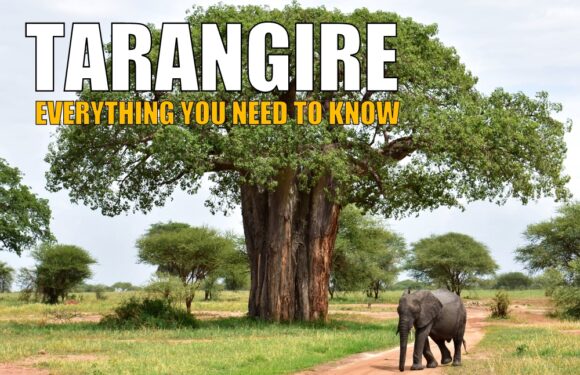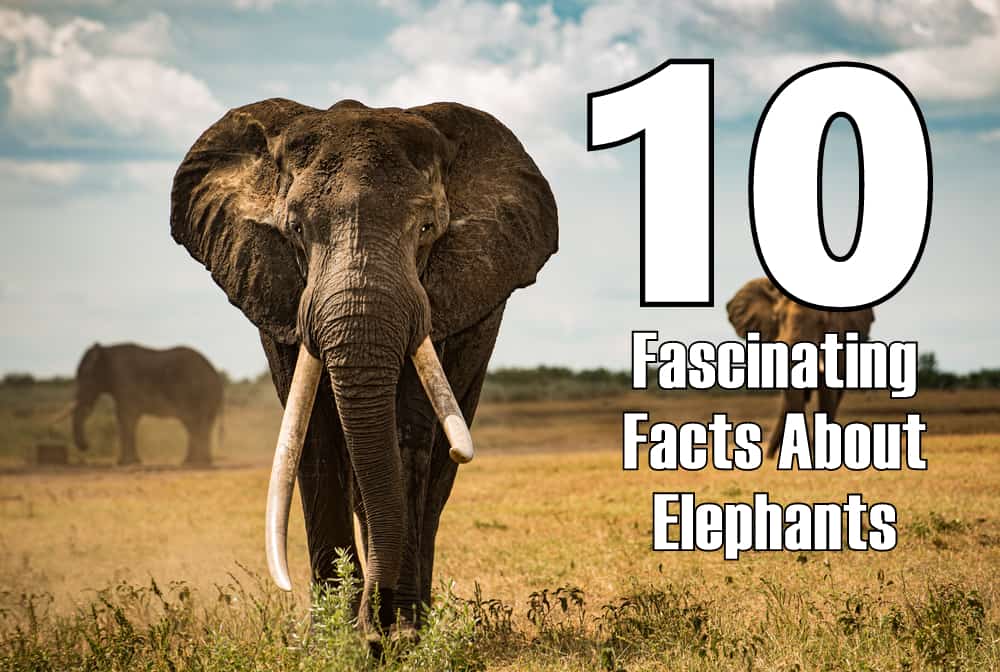
Elephants have captivated human interest for centuries. These giants are among the most beloved creatures on our planet. In this article, we uncover 10 fun facts that showcase their incredible traits and behaviors.
Females are the Boss
Elephants are renowned for their strong social connections. They live in close-knit family groups led by the eldest female, known as the matriarch. These groups consist of related females and their young offspring. The intricate social structure is marked by empathy, cooperation, and even mourning rituals for deceased members.

They Never Forget
Elephants possess an astonishing memory, which plays a big role in their survival. They can remember complex migration routes, the locations of water sources, and the faces of other elephants for many years. This ability contributes to their tight-knit social groups and ensures their adaptability in ever-changing environments.
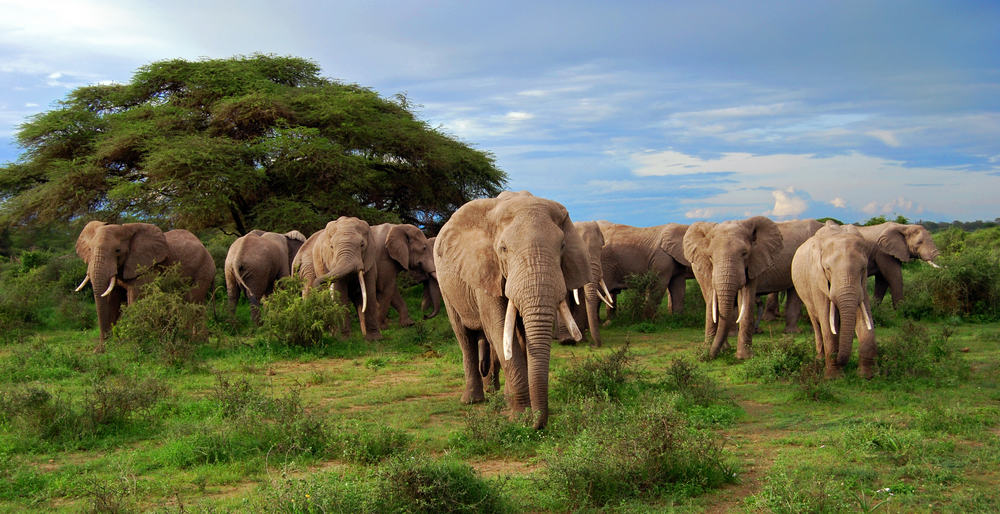
Unbelievable Intelligence
Not only do elephants have incredible memories, but they also exhibit high levels of intelligence. They can solve puzzles, learn from observing others, and even display emotions like joy, grief, and empathy. In controlled experiments, elephants have demonstrated the ability to use tools, solve problems, and exhibit behaviors that suggest an advanced cognitive capacity.
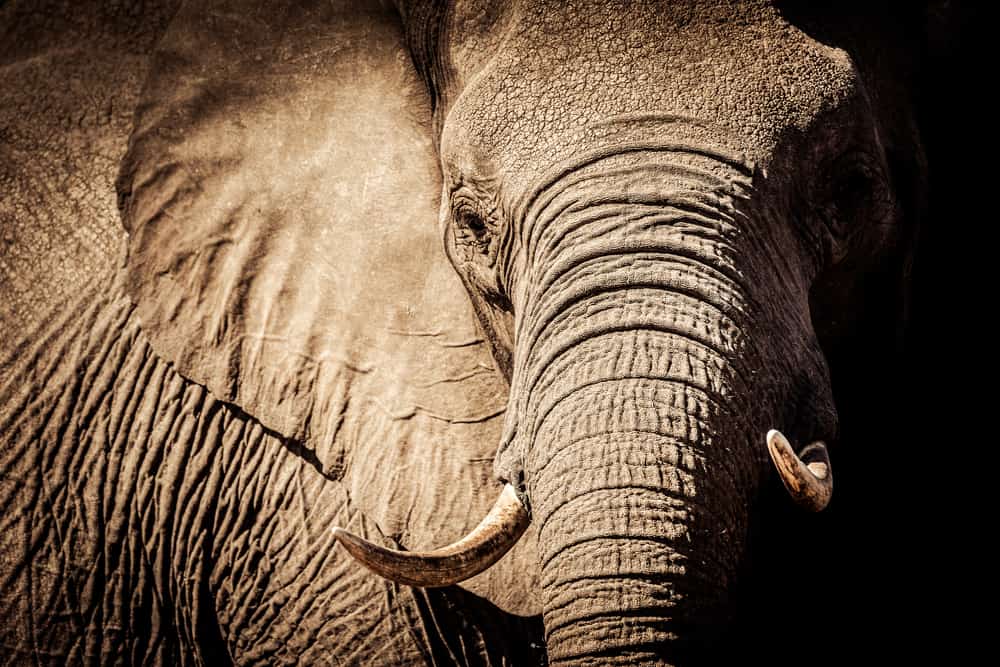
They are Gigantic
One of the most obvious features of elephants is their sheer size. The African elephant holds the record for being the largest land animal, with males weighing up to a staggering 12,000 pounds (5,400 kg) and standing over 10 feet (3 meters) tall at the shoulder. The Asian elephant, though slightly smaller, is still a heavyweight in the animal kingdom.

Voracious Appetites
Despite their massive size, elephants are herbivores, primarily consuming grass, leaves, and fruits. An adult elephant can consume a staggering 300 pounds (136 kg) of food in a single day. Their diet plays a vital role in maintaining the balance of their ecosystems, preventing vegetation overgrowth, and supporting biodiversity.
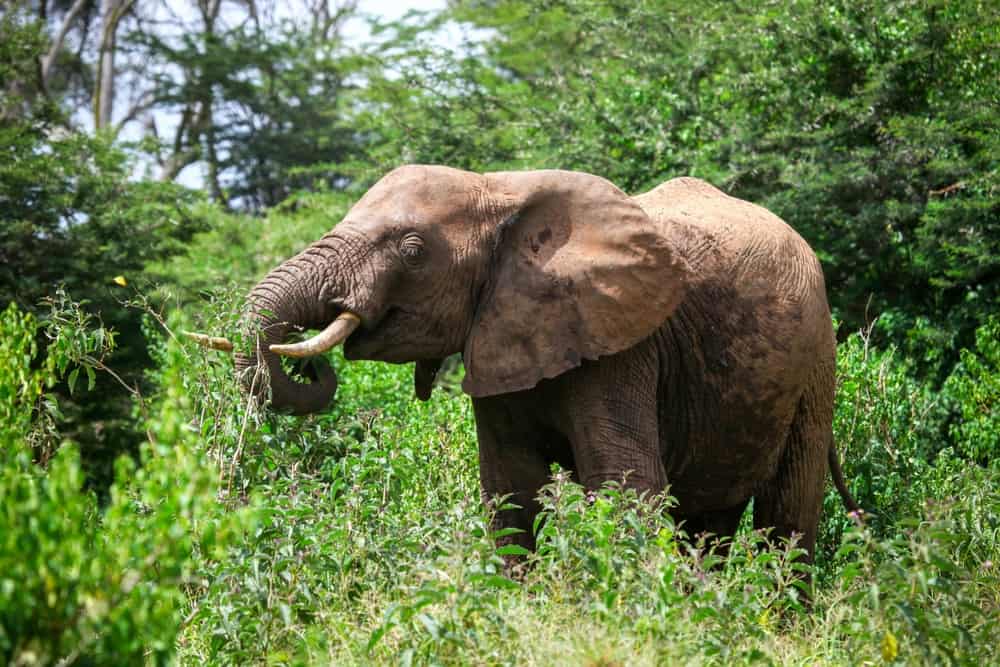
Communicate Through Rumbles
Elephants communicate with each other through a variety of vocalizations, but their deep rumbling calls are perhaps the most distinctive. These infrasound rumbles can travel great distances, allowing elephants to convey messages to distant members of their group or detect potential threats from afar.

Ecological Engineers
Elephants are often referred to as “ecosystem engineers” due to their impact on their surroundings. They shape their environment by knocking down trees, creating pathways through dense vegetation, and digging water holes. These actions not only benefit other animals but also influence the ecosystem’s overall structure.

Long Gestation
Elephants have one of the longest gestation periods among mammals, lasting about 22 months for African elephants and 18 to 22 months for Asian elephants. After birth, their growth rate remains relatively slow compared to other animals, with calves depending on their mothers for several years.
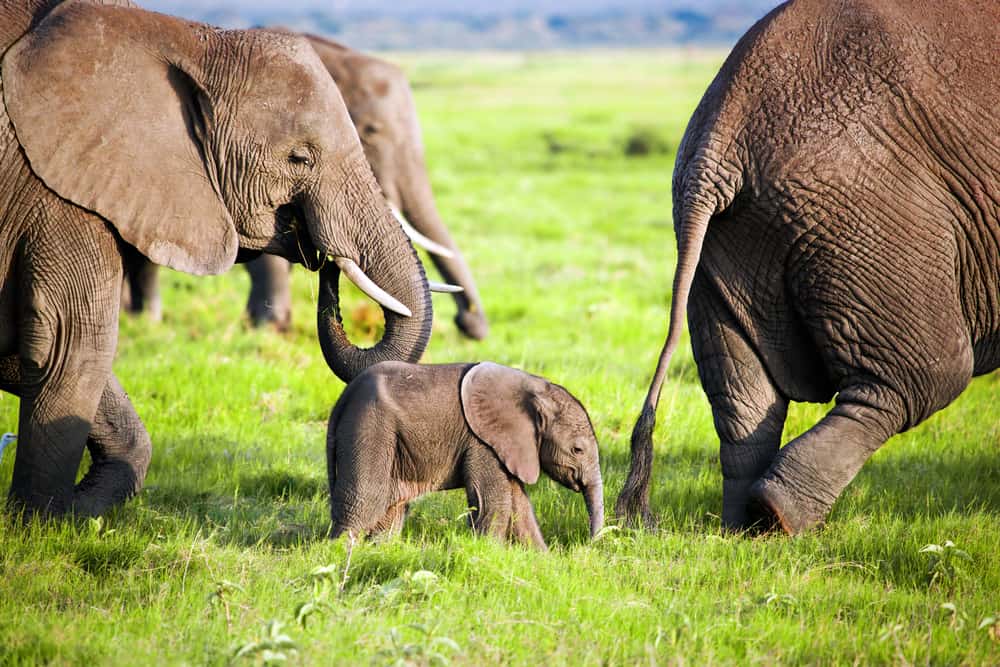
Cultural Significance
Throughout history, elephants have held deep cultural significance in various societies. They have been revered as symbols of wisdom, strength, and good luck in many cultures around the world. From ancient myths to modern art, elephants continue to inspire awe and captivate human imagination.

Endangered
Tragically, elephants face a range of threats in the modern world, including habitat loss, poaching for ivory, and human-wildlife conflict. Both African and Asian elephants are listed as vulnerable or endangered species. Fortunately, numerous conservation organizations and initiatives are working tirelessly to protect these magnificent creatures and ensure their survival.

Final Words
Elephants possess a unique blend of characteristics that make them truly remarkable creatures. From their enormous size and intricate social structures to their astonishing intelligence and ecological impact, elephants continue to amaze and inspire people across the globe.
Let’s strive to protect these animals for they are gems in our planet’s biodiversity and needed for our ecosystem’s health.
Elephant Quick Facts
- Scientific Name: Loxodonta africana and Loxodonta cyclotis
- Common Name: African elephant, savannah elephant, bush elephant and forest elephant
- Size: 8–13 feet tall, length of 19–24 feet
- Weight: 6,000–13,000 pounds
- Lifespan: 60–70 years
- Diet: Herbivore
- Habitat: Sub-Saharan Africa
- Conservation Status: Vulnerable
—–
Want to see elephants in the wild? Book one of our Tanzania Safaris.


























































